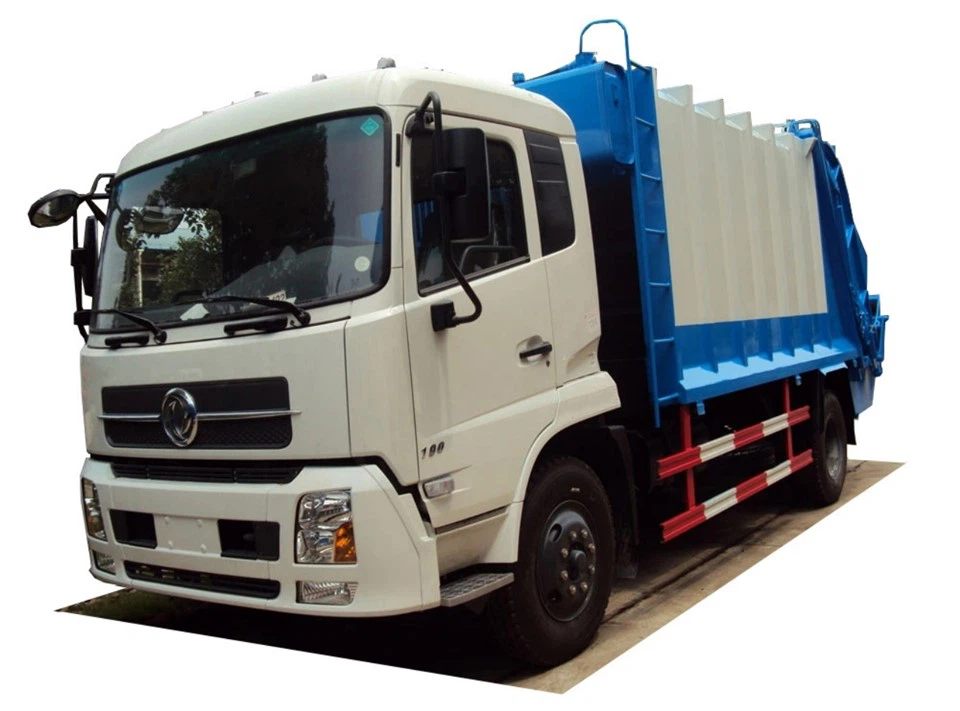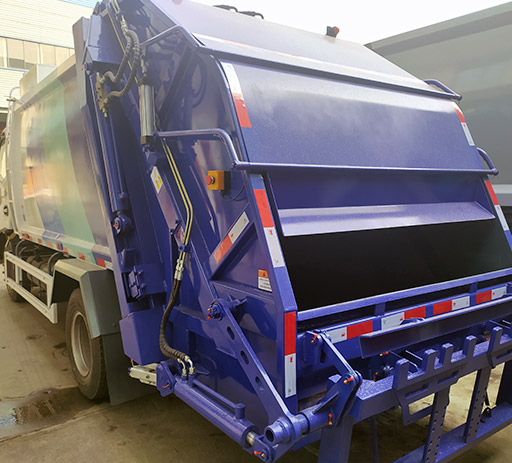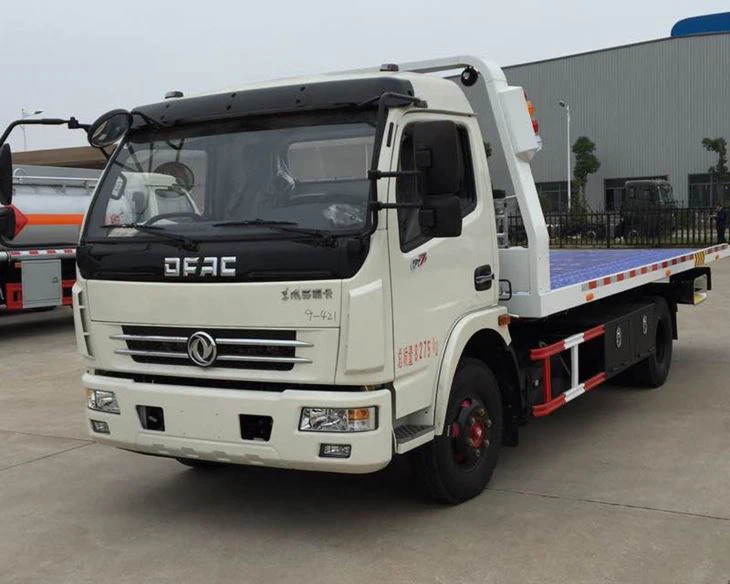Liquefied Petroleum Gas vs Propane: Comprehensive Guide

When it comes to heating, cooking, and powering vehicles, two energy sources frequently compared are liquefied petroleum gas (LPG) and propane. Though often used interchangeably, these fuels have unique properties, uses, and costs that make it essential to understand their differences and applications. This article delves deeply into the distinctions between liquefied petroleum gas and propane, providing clarity for both consumers and industry professionals.

What is Liquefied Petroleum Gas?
Liquefied Petroleum Gas (LPG) is a mixture of hydrocarbon gases, primarily propane and butane, that is used as fuel. It is colorless, odorless, and derived from natural gas processing and petroleum refining. LPG exists in a gaseous state at room temperature but can be easily liquefied under pressure, making it convenient for storage and transportation.
Composition of LPG
LPG is typically composed of about 60% propane and 40% butane, although the exact proportions can vary depending on the source and intended use. This mixture provides a wide range of energy for various applications.
What is Propane?
Propane is a specific type of liquefied petroleum gas and is one of the simplest hydrocarbons in the alkanes family. Its chemical formula is C3H8, indicating it is made up of three carbon atoms and eight hydrogen atoms. Propane can exist as a gas or be liquefied for transportation.
Distinct Properties of Propane
Propane has unique characteristics that set it apart from other fuels, including a higher energy content per unit volume compared to butane. This makes propane particularly valuable in applications requiring a high heat output.
Key Differences Between LPG and Propane
Composition
The primary difference lies in the composition of these two fuels. LPG includes both propane and butane, while propane is purely propane.
Uses and Applications
LPG is versatile and commonly used in home heating, cooking, hot water systems, and as fuel for vehicles. Propane is often used in similar applications but is specifically favored for outdoor grills, camping stoves, and agricultural uses because of its efficient burning properties.
Storage and Transportation
Both LPG and propane can be stored as liquids under pressure and require special tanks. However, propane tends to have a more extensive network of infrastructure for distribution, allowing for greater accessibility.
Cost Comparison
| Fuel Type | Average Cost per Gallon (USD) | Typical Applications |
|---|---|---|
| LPG | Varies by market | Heating, Cooking, Recreational use |
| Propane | Varies by market | Grilling, Heating, Camping |
While both LPG and propane can vary in cost due to market conditions, it’s essential to compare prices in your area to gauge the best option for your specific needs.
Pros and Cons of Liquefied Petroleum Gas
Advantages
- Versatile fuel for a wide range of applications.
- Can be used in areas without natural gas pipelines.
- Burns cleaner than other fossil fuels.
Disadvantages
- Higher cost compared to natural gas.
- Storage tanks are required for home usage.
- Flammable and requires careful handling.
Pros and Cons of Propane
Advantages
- Highly efficient fuel source.
- Environmentally friendly with fewer carbon emissions.
- Widely available and easy to transport.
Disadvantages
- Requires propane tanks and refills.
- Potential safety hazards due to flammability.
- May not be available in remote areas.
Practical Examples and Tips

Choosing Between LPG and Propane
When deciding between LPG and propane, consider the following:
- Assess your usage needs (e.g., heating, cooking, recreational).
- Evaluate local availability and market prices.
- Consider the efficiency and heat output needed for your applications.
Storing LPG and Propane Safely

Regardless of which fuel you choose, safety is paramount. Here are some tips:
- Keep your storage tanks in a well-ventilated area.
- Inspect tanks regularly for leaks or damage.
- Store away from ignition sources and direct sunlight.
Environmental Impact
Emissions From LPG and Propane
Both LPG and propane burn cleaner than coal and oil, producing fewer greenhouse gas emissions. Propane, in particular, can produce lower carbon emissions compared to gasoline and diesel, making it a preferred choice in many environmentally friendly initiatives.
Renewable Propane
There is also a growing interest in renewable propane, which is produced from biomass and waste. This alternative helps reduce the overall environmental impact while providing a similar energy content.
Common Misconceptions
Misconception 1: LPG and Propane are the Same
While all propane is LPG, not all LPG is propane. Understanding the differences helps consumers make more informed decisions.
Misconception 2: LPG is Always Cheaper
Depending on market conditions, the cost fluctuations between LPG and propane can vary significantly, and one may be more affordable than the other at different times.
Frequently Asked Questions (FAQ)
1. Can I use propane appliances with LPG?
Most propane appliances are designed specifically for propane and should not be used with LPG without modification, as the combustion characteristics can differ.
2. Which is better for heating: LPG or propane?
Propane generally provides a higher heat output and burns hotter, making it a more efficient choice for heating applications.
3. Are there health risks associated with using LPG or propane?
Both fuels can pose safety risks if not handled correctly, including the potential for fire or explosion. Proper storage and safety measures should always be followed.
4. How do I know if I have LPG or propane in my tank?
Check with your supplier, as they can provide details about the fuel type in your tank. You can also look for labeling on the tank itself.
5. Is it possible to switch from propane to LPG?
Switching is possible; however, it requires making adjustments to your appliances and possibly your storage system. Consulting with a professional is recommended.
6. Can I store propane tanks indoors?
Propane tanks should never be stored indoors unless specifically designed for such use, as the flammable gas can accumulate and create hazardous conditions.
